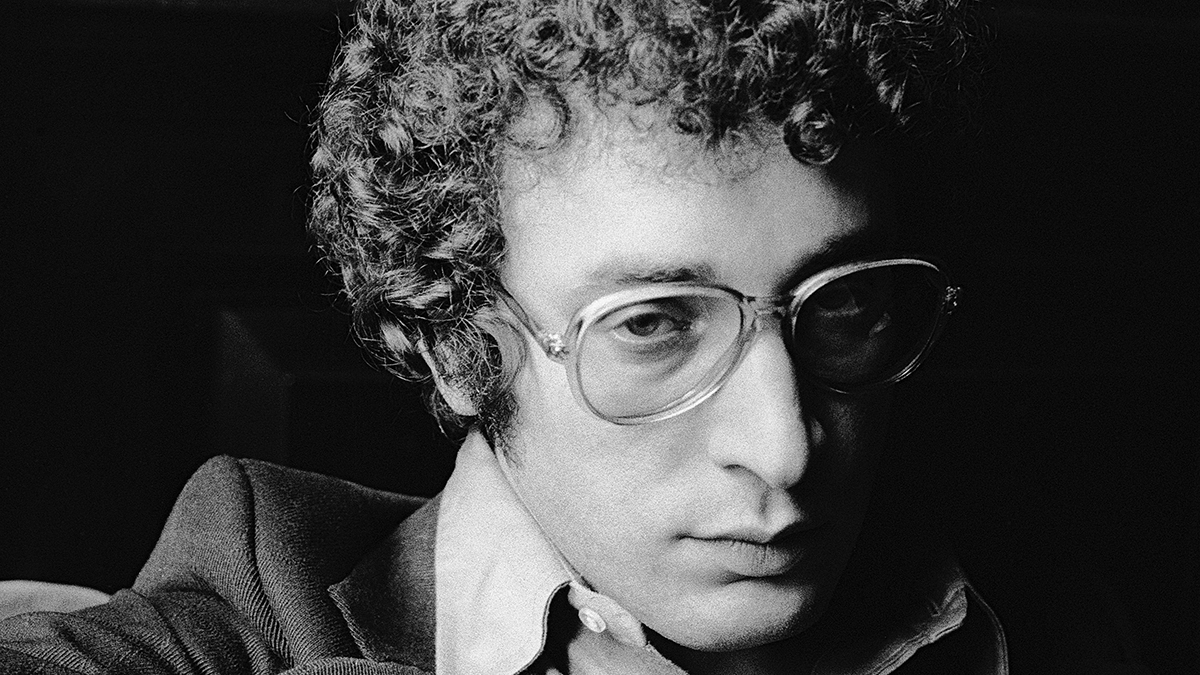Procol Harum pay tribute to A Whiter Shade of Pale lyricist Keith Reid, who has died aged 76
Reid also wrote the words to John Farnham’s 1986 hit You’re The Voice

Keith Reid, the man who wrote the lyrics to Procol Harum’s A Whiter Shade of Pale, has died at the age of 76. Reports suggest that he had been suffering from cancer for the past two years.
The song, released in 1967, was Procol Harum’s very first single, and is considered one of the greatest in rock music history. Its mysterious lyrics, the meaning of which has long been debated, are undoubtedly a large part of its appeal.
“I was trying to conjure a mood as much as tell a straightforward, girl-leaves-boy story,” Reid told Uncut in 2008. “With the ceiling flying away and room humming harder, I wanted to paint an image of a scene. I wasn’t trying to be mysterious with those images, I was trying to be evocative.”
Although he never performed, Reid was an official member of Procol Harum until they disbanded in 1977, attending the majority of their recording sessions and gigs. He had met Gary Brooker, the band’s lead singer, in 1966.
Reid would later go on to write the lyrics for John Farnham’s You’re The Voice, which was released in 1986. The song hit number 1 in Australia, and charted highly in many other countries, including the UK.
Procol Harum reacted to news of Reid’s death on their Facebook page, where they wrote that “His lyrics were one of a kind and helped to shape the music created by the band. His imaginative, surreal and multi-layered words were a joy to Procol fans and their complexity by design was a powerful addition to the Procol Harum catalogue. Our thoughts go out to his family and friends.”
Want all the hottest music and gear news, reviews, deals, features and more, direct to your inbox? Sign up here.

I’m the Deputy Editor of MusicRadar, having worked on the site since its launch in 2007. I previously spent eight years working on our sister magazine, Computer Music. I’ve been playing the piano, gigging in bands and failing to finish tracks at home for more than 30 years, 24 of which I’ve also spent writing about music and the ever-changing technology used to make it.